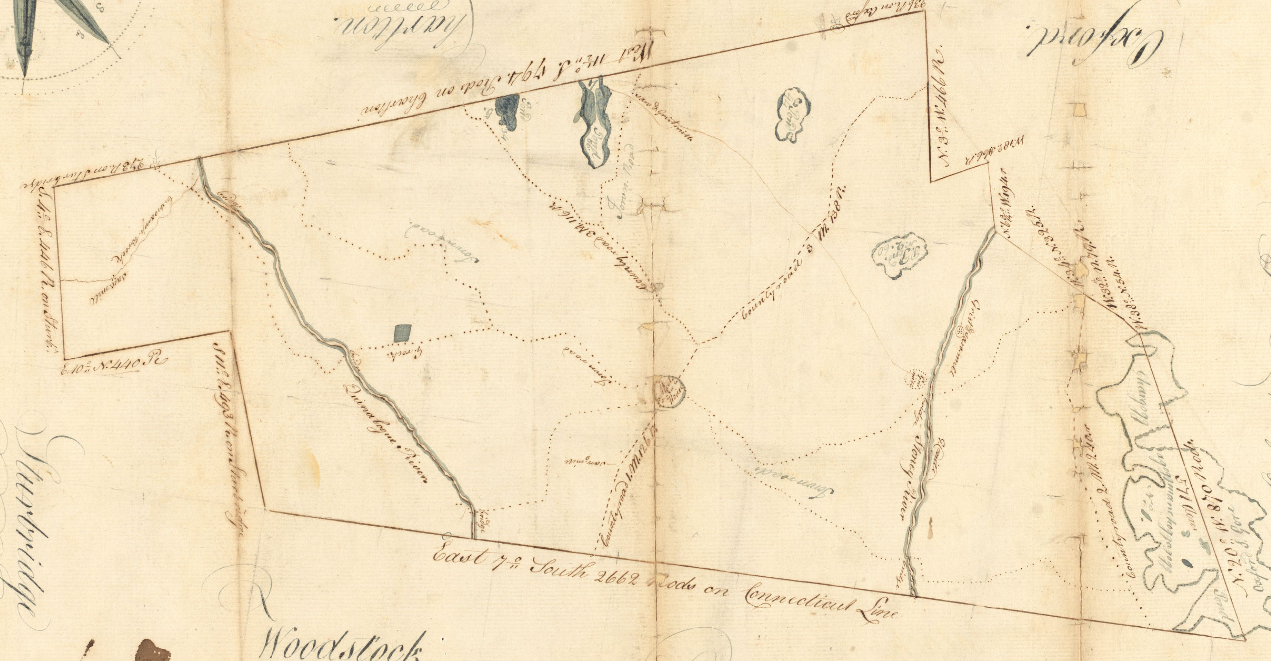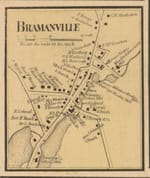A decade ago, Millbury's budget situation looked pretty bleak. From a high-level overview, our schools were expensive, our roads were a mess, and our services underfunded. The library was working on getting yet another waiver from the state to operate without losing its accreditation. We were staring down rising costs of municipal retirement benefits and health care cost increases. It wasn't looking great.
We turned it around, though. Say what you will about former town manager Dave Marciello, but of the things he did in town, setting the town up for financial viability was one of the highlights. Those who attended Town Meeting or the Board of Selectmen meetings were probably sick of hearing about "coffee cans," but the idea of socking some cash away in accounts specifically to address some persistent and long-term needs was kind of novel for the time. Now, it's automatic, and, especially with marijuana revenues coming in, feels like a no-brainer. It didn't hurt that Jamie Kelley put a lot of thought into the COVID-era budgets, and that same sort of thinking has persisted through Sean Hendricks's tenure.
The result? Even before factoring in American Rescue Plan Act (ARPA) money to the town, we ended up with a ridiculous amount of free cash this past year, and while our taxes feel high, we're getting results and doing so without massive increases or overrides.
And then there's the town of Dudley.

Dudley, settled in the early 1700s and established as a town in 1732, has a rich history, much like Millbury. It has a little under 12,000 residents, not too far from Millbury's 14,000. You can also view the different COVID recovery monies each municipality received or is slated to receive. Millbury will see approximately $9 million, Dudley around $8 million.
Dudley, however, is broke.
The town had an override on their ballot this year, and I will let them set the stage:
If approved, the Proposition 2 ½ override to balance the town and school district operational budgets would provide “level-services” in Fiscal Year 2024, which begins July 1, 2023. A level-service budget means no decrease in municipal and school services. Question 1 would permanently raise taxes by adding $1.84 to the tax rate starting in Fiscal Year 2024, which begins July 1...
Inflationary impacts on fixed costs, contractual obligations, the depletion of remaining federal funds provided during COVID, and the rising costs of goods and services have contributed to a $1,674,514 deficit in the Town’s FY24 operational budget. In other words, the municipal services provided today will cost the town $1,674,514 more in the next fiscal year. Question 1 seeks to cover the shortfall. Voter approval would ensure a “level-service” budget, meaning residents will see the same level of municipal services, such as public safety, as provided today. If Question 1 fails, services will be cut...
If Question 1 does not pass, the DCRSD has the option of calling a “Super Town Meeting,” where residents of both Dudley and Charlton would come together to vote on whether the school budget will be fully funded. It is expected that Charlton residents would outnumber Dudley’s and approve the funding. In order words, Dudley will be forced to provide the $994,283 increase in the FY24 school budget.
Without the passage of Question 1, Dudley will face a $1,674,514 budget deficit. If the Super Town Meeting approves the school district’s full budget, Dudley will then face a $2,668,797 deficit. The cuts to balance the budget will affect every aspect of municipal services.
(The "Super Town Meeting" is due to the Dudley-Charlton Regional School District, which consists of seven schools across the two towns.)
I want to make sure we understand the difference in scope of this right now. Dudley faces a $2.6 million budget deficit for this fiscal year that must be balanced. Millbury, in comparison, had its second straight year of more than $3.6 million in free cash available for this fiscal year.
Long and short, though? Dudley did not pass the override, and the Super Town Meeting approved their budget. From the Telegram & Gazette:
The fire and police departments, the town library, the assessor’s office and other departments are facing a dire outlook when the financial gap came up in town finances when the Dudley-Charlton Regional School Committee added costs to the town-approved budget earlier this month.
While many public safety staffers could lose their jobs, the town library risks closing for the town to be able to balance its budget for fiscal 2024, which kicks in Saturday...
“We're losing two full-time employees, we’re losing all our per diems, we’re losing our entire call department,” said Fire Chief Dean Kochanowski. “That means I can provide two people a shift to staff one ambulance.
“I will not in good conscience put any firefighter in danger. I will not send them into a burning building, putting them in harm's way with two people on an engine company. It's just not going to happen.”
Kochanowski added that the department will not be able to provide mutual aid to other towns, meaning that as of July 1, “it wouldn’t be mutual aid anymore,” highlighting the risk of losing help from other towns.
This is bad. A friend of mine worked hard in an ultimately doomed effort to get the override passed, including a personalized letter-writing campaign to her fellow residents to no avail. Even knowing what would happen without the override, people either didn't believe it or didn't care. Is it an education problem if it's not an information one?
So why do I highlight this? Millbury is in a good place in a way a lot of municipalities aren't. We've come a long way from coffee cans and arguing about $450 pizza bills. Fortunes, however, can change very, very quickly. For all of our financial viability at present, we have a lot of bonds on the books. If something happens that requires another huge school-sized expenditure, are we ready for it? Are we able to do anything at all about it? Or will we complain about it for years, like another rotary project?
In my view? Dudley's problem is one of engagement. If you feel disconnected from your community, you're less likely to give back to it, and less likely to care about what you might view as "someone else's problem." How many people ignored the override because they don't have any kids in school or believe they live in a safe neighborhood? Well, 70% of the voting pool didn't care enough to vote, so I'm reminded of that old, impolite H. L. Mencken quote about democracy.
Long and short, this situation in Dudley has a real "After School Special: Civics Edition" feel to it. Dudley isn't the first town to go broke, and won't be the last, but we should pay close attention anyway so we aren't the next.
Jeff Raymond is a Founding Editor of the Bramanville Tribune. He can be reached at jeff.raymond@bramanvilletribune.com. Follow him on Twitter at @jeffinmillbury


Member discussion: